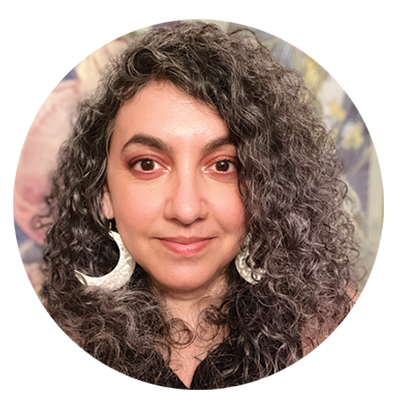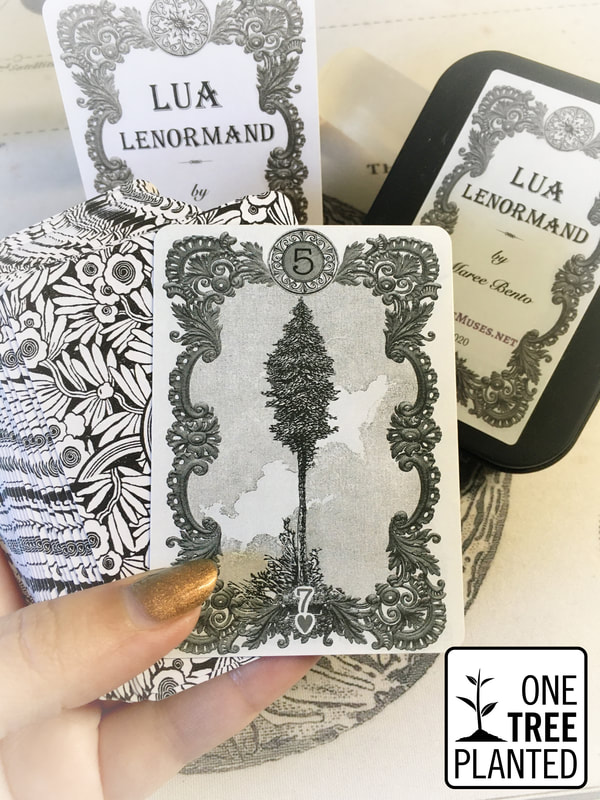|
Last year I acquired this biography on Paschal Beverly Randolph, 19th-century Black American trance medium, occultist, writer, and sex magician born October 8th, 1825. (Sun in Libra, Moon in Leo, and a Venus Jupiter conjunction in Virgo—fascinating given his work on the occult and sex magic!) This biographic tome is dense and detailed, making it a slow read for me, but it's so interesting full of incredible accounts of Randolph’s life. John Patrick Deveney, an academic occultist, wrote in depth about Randolph’s spiritual and magical methodologies and philosophy in a scholarly yet accessible way. This biography (no, history book!) at 600 pages also offers mini-biographies of other spiritualists of his time, which shows the extent of the circles that Randolph participated in. Beyond scholarly, this is a historical and fascinating account of a mage whose work is considered to be the forerunner of modern occultism, along with Madame H. P. Blavatsky and Aleister Crowley, whose works & societies were in part influenced by Randolph. Included within these pages are two of Randolph's major works on sexual magic: The Ansairetic Mystery and The Mysteries of Eulis. Randolph’s magical and occult works involved using magic mirrors, hashish, and sexual magic to help develop the muscle of mediumship; and combined with his travels around the world and connections to occultists of his time makes his biography so compelling to read. Randolph wrote extensively about his travels, as well as his spiritual sensitivities and shared his experiences and magical practices in pamphlets, spiritualist newspapers, memoirs, and handbooks, openly teaching others how they could access the spirit realm themselves through various magical tools and techniques. >>> In the mid-19th century, he was known for his spiritualist and mediumship work in which he lectured on topics of spiritualism and did trance speeches in front of audiences. There are accounts of people who attended his speeches and related how he would go into a trance, and the spirit from the other realm would embody him and speak to the room. In the Netflix docu-series, Surviving Death, there are two very interesting episodes about mediums, which make reference to the increase in mediumship during the 19th century. Of course they talk about the charlatans, but they also spend time on real mediums with undisputed reputations. They don’t mention Randolph in the show, but he had the gift, based on several accounts. One even describing how he could answer in the foreign language of the channeled spirit, which he could not speak. Randolph's gift of trance mediumship and knowledge on spiritualism was well received by the British and French occultists. There are mixed reports that he had met the famous French Magician, Eliphas Levi. The rumors were that Randolph had studied under Levi. These rumors may have started because H.P. Blavatsky's Collected Writings: Vol 3 included a biography about Randolph that said he had studied with Levi extensively. However, Deveney's biography offers evidence that debunks this as myth based on several factors; e.g., Tarot and the Qabbala were Levi's biggest interests and Randolph doesn't use them in his work. There was also a rumor that Randolph and Blavatsky had often telepathically communicated—even though they had never met—based on an account from Blavatsky's personal friend. One such "connection" involved a trance duel, which led to Randolph's supposed death by suicide![1] The story is that Blavatsky had a vision of Randolph pointing a gun at her, and then at the last second shot himself instead. Based on the information I read about his murder (see footnote below) that account was either a lie or Blavatsky had lied about the telepathic connections. What does seem true is that they were occult rivals. Deveney reveals some of the ways that Madame Blavatsky borrowed from Randolph’s work. She does cite him when writing about elementals and magical mirror work, but doesn't always credit him. According to a story given by another friend of Blavatsky, he had seen some of Randolph’s books in her rooms. She seemed to respect his work, but on the other hand she said awful and racist things about him, as reflected in an account in which she called him the N-word. (After reading this, I did a google search and found that some of her work has problematic and racist ideas on something she called "Root Race" levels of evolution, and she wrote negatively regarding Judaism, both of which have been criticized for inspiring the Nazis. Her Theosophy supporters say the Root Race levels, like one she named the Aryan level, doesn't mean how it sounds. Theosophy successors say she never condoned violence and believed that all humans were equal, and that she specifically established "the principle of universal brotherhood" as the First Object of the Theosophical Society. ) Blavatsky also referred to Randolph as the “half-initiated seer.” Though it seems strange that she would disparage him like that because when she visited New York in 1873, she called herself a Rosicrucian when she had not been initiated. (In 1861, Randolph had established the earliest known Rosicrucian lodge in the United States—in San Francisco.) [1] Randolph's death in 1875 was suspicious and suicide was disputed, as he wrote about his aversion to it. Reuben Swineburne Clymer, a Supreme Master of the Fraternitas, shared that a former friend of Randolph had admitted in a deathbed confession that he had killed him in a jealous rage years after the incident. One of the fascinating topics he wrote about was hashish, which was part of the fundamentals of Randolph’s magic. He wrote about it as a tool to aid in clairvoyance. It seems he was introduced to it during his visit to Paris in the late 1850s where the occultists he met there used it in their work. On his second journey to Europe, he visited the Near East where he learned more about hashish and its uses and preparations. He supposedly studied with adepts in Egypt and got a hashish recipe from a Turkish sultan. In 1860, he was the largest importer of hashish into the US according to Deveney. He advertised his hashish elixirs and salves in the spiritualist papers and touted its benefits, as well as its dangers, as seen in The Guide to Clairvoyance, and Clairvoyant's Guide: A Practical Manual for Those Who Aim at Perfect Clear Seeing and Psychometry: Also A Special Paper Concerning Hashish, Its Uses, Abuses, and Dangers. It's Extasia, Fantasia, and Illuminati. (See image below. The line below the title amuses me: "Printed for people of common sense only.") Randolph would vacillate between stressing the benefits and dangers, perhaps because of the times he was living in, or perhaps more plausible because he had experienced some bad trips and wanted to caution people about hashish's negative effects. At first, he highly advocated its benefits and clairvoyant power, but would change to add warnings of usage later in his works. Promoting just small amounts to prime one’s clairvoyant technique, but then he would advise pulling back from usage once one had attuned their clairvoyancy. Looking at a recipe attributed to Randolph, it’s no wonder! Along with the hashish, ingredients included opium, henbane, and belladonna! Another clairvoyance tool he spoke about at length was scrying with a magic mirror. During the time he was selling his hashish elixirs, he also sold highly specialized mirrors that were made with convex and concave glass plates. In his work he offered magical ways to maintain the mirrors, such as consecration, magnetically charging and exposing them under the moon or sun’s light. And because he was a sex magician, he offered a curious technique wherein lovers would add their mixed sexual fluids to the mirror. This method seems unique to Randolph. Other occultists would paint the mirror black or use other fluids in between the glass mirror plates. Whatever the case, Randolph believed that the lovers' sexual act generated an excess of magnetism that could be used to charge the magic mirror. Sexual magic was another major topic of his. In fact, it may be what he’s most known for. As a sex magician, he was adamant about the importance of the female orgasm, as can be read in his manuscript, The Ansairetic Mystery: A New Revelation Concerning SEX! (included in Appendix A.) He originally printed it anonymously with the Toledo “Sun” Liberal Printing House, circa 1862. In it he berates men for neglecting women of their “full and perfect orgasm” because the “vast majority of civilized men have no endurance, or staying qualities of power; but are so very morbid…that their love journey is spasmodically ended long before that of the woman has fairly begun.” This had not been written much about, if at all, in America at the time. He was also an advocate of women’s rights openly talking about birth control and female sexuality. He was ahead of his time, along with a small group of other liberal fringe thinkers. He was outspoken about the support of birth control before the Comstock Law federally banned it in 1873. His discussions on sexual matters were quite feminist for the 1860s and 70s! Aleister Crowley would use Randolph’s techniques in his sex magick workings. The sex magic rituals in the Ordo Templi Orientis (O.T.O.), before Crowley became involved, seem to have been heavily influenced by Randolph’s work. The difference between them is that Randolph was strict about sex magic working only with someone you were in love with. In 1931 Maria de Naglowska, a Russian occultist, poet, and author, translated and published in French a compendium of Randolph’s writings on sexual magic and the magic mirror, called Magia Sexualis. This was a compilation of his published and unpublished works. In the years leading up to the Civil War he was an active abolitionist, in touch with Frederick Douglass. He would speak at anti-slavery conventions. One convention held October 4th through the 7th 1864 in NYC had some 500 Black leaders in attendance including Douglass. Civil War historians have quoted Randolph’s speech he gave there on October 6th. The convention’s purpose was to set up the National Equal Rights league to “obtain by appeals to the minds and conscience of the American people, or by legal process when possible, a recognition of the rights of the colored people of the nation as American citizens.” The rights stressed were obvious: the abolition of slavery and the right for Black men to vote. Of importance was the right for these rights to be exercised in the United States and not some colony in Africa or Central America as was first advocated by Abraham Lincoln prior to the Civil War. At the convention, Randolph says: That, as natives of American soil, we claim the right to remain upon it: and that any attempt to deport, remove, expatriate, or colonize us to any other land, or to mass us here against our will, is unjust; for here were we born, for this country our fathers and our brothers have fought, and here we hope to remain in the full enjoyment of enfranchised manhood, and its dignities. Randolph had been in New Orleans for a brief time before he rejected and replied to Thomas W. Conway’s proposal letter in the New Orleans Tribune for the extremely controversial idea of sending Black people back to Africa, which had in Conway’s opinion the added benefit of spreading Christianity: We men of color were born here; so were our fathers, and mothers down a long line of ancestry: Our blood, bones, nerves—every material particle of our bodies was and is composed of American soil, air, water, and our souls are American all the way through, all of which, so it seems to me, constitutes us Americans; wherefore all our attractions, hopes, tendencies, ambitions and applications are American; wherefore again, if we are but apprentice missionaries and colonists destined to African fields, I confess to being so very stupid as not to comprehend the logic of it and so blind as not to see it. What! Are we to go to the lands of our African ancestors because our skins are dark? Are all our sufferings to be rewarded by our removal to African deserts and barbaric climes and places. Ought we colored citizens to even tolerate the idea? No! Never! Here is our home, and here we mean to stay, and on this soil will die, and in it will be buried…We are Americans, and mean to remain such—and Young Americans, too. During Randolph's stay in New Orleans, he was at first welcomed by the local Black Creole people but before the end of the Civil War he offended the Louisiana branch of the National Equal Rights League after a convention at which he was invited to speak. He had later rashly described the convention as “a very small clique of very small men, whose day of power is already waning.” I’m not exactly sure what transpired, but it is obvious there was conflict and he was no longer welcome as he was publicly condemned for not being worthy in their community and not “a true representative of the North.” Following this situation, Randolph's purpose shifted and he became dedicated to teaching newly freed slaves in Louisiana. In August 1865, he was employed at the Freedmen’s Bureau schools in New Orleans. By October, after being tested for qualifications, he became a principal teacher at “Lloyd Garrison School—Colored” on Coliseum Street. Randolph taught for a short time, but went back north due to the political upheaval during Andrew Johnson’s presidency (Lincoln’s Vice President who took over after his assassination) that did not support protecting the rights and well being of newly emancipated African Americans. Johnson supported Southern conservatives and undermined Reconstruction, which would affect Black communities for the next hundred years. This book has been a fascinating read of not only a spiritual medium, abolitionist, writer, occultist, but of history in the United States during the 19th century! Reading Randolph’s biography has filled in a lot of holes about Civil War history and the history of magic and the occult. Randolph’s biography reveals the past to me in ways I didn’t fully understand. I realize now that there were quite liberal voices in the US during that time, quite comparable to our modern era. It seems that US History books have tried to obscure these voices, but this biography, nay historiography by Deveney, is a monument to a 19th-century occultist whose magic left its mark on modern Western esotericism. Randolph was such a brilliant and interesting character. He is a historical figure whose legacy was largely neglected until recently. (Although occultists have been familiar with his work.) I wonder if this was because he was a Black man, or was it the sexual nature of his magical works? Perhaps it was all a little too far out there for American sensibilities. In recent years, he has been receiving more and more recognition for his contributions. There's so much more about him that I didn't get to write about here: his childhood in Five Points, NY, his marriages, children, and the years leading up to his death—one incident where he was arrested & jailed for a few days for purveying free-love literature. His is a most intriguing story, which totally merits a biopic! Somebody please do a feature-length film or television series on P. B. Randolph.
1 Comment
Odell Jermaine Goodman-Bey
1/7/2022 06:48:30 am
Great article, I believe both reasons was the reason for his neglect, his complexion and the sexual freedom he spoke of. Not only ignored by so-called white Scholars, but also So -called Black Scholars ignored him as well.
Reply
Your comment will be posted after it is approved.
Leave a Reply. |
|
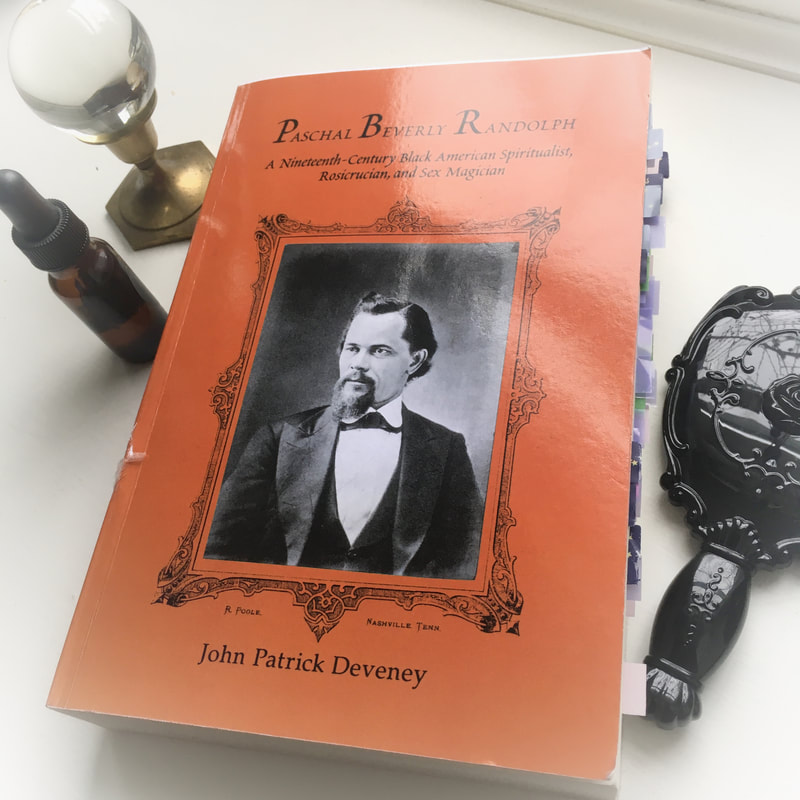
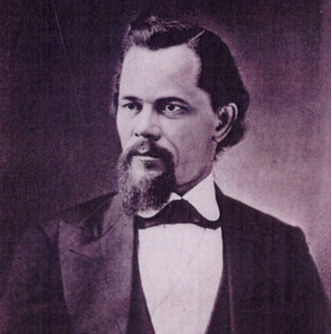
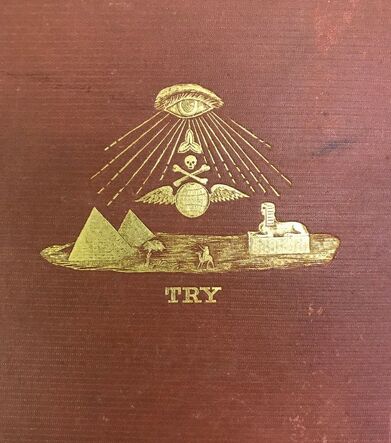
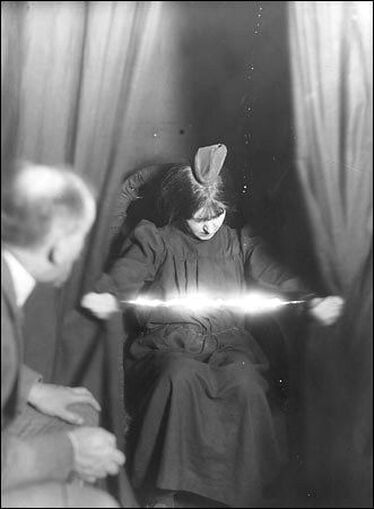
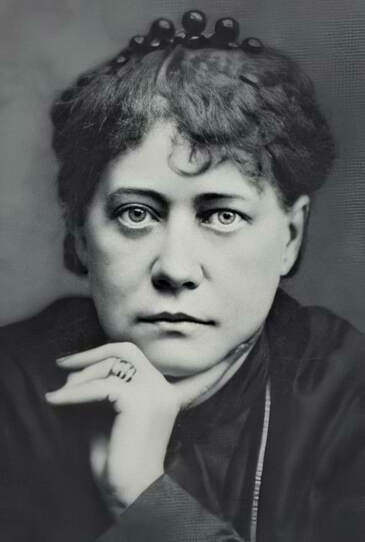
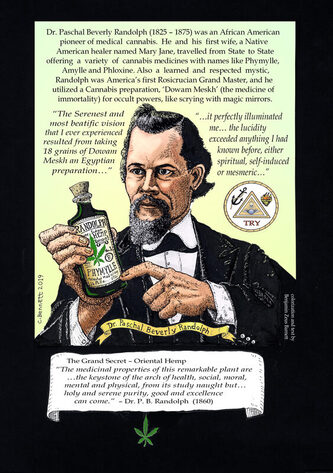
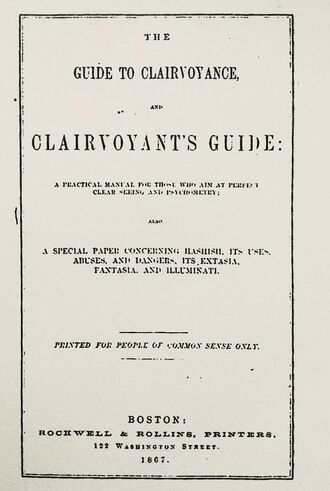
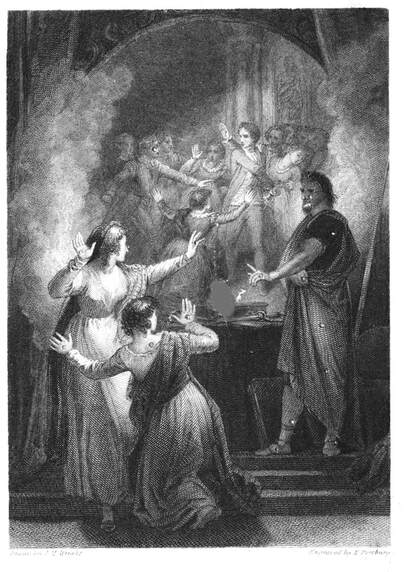
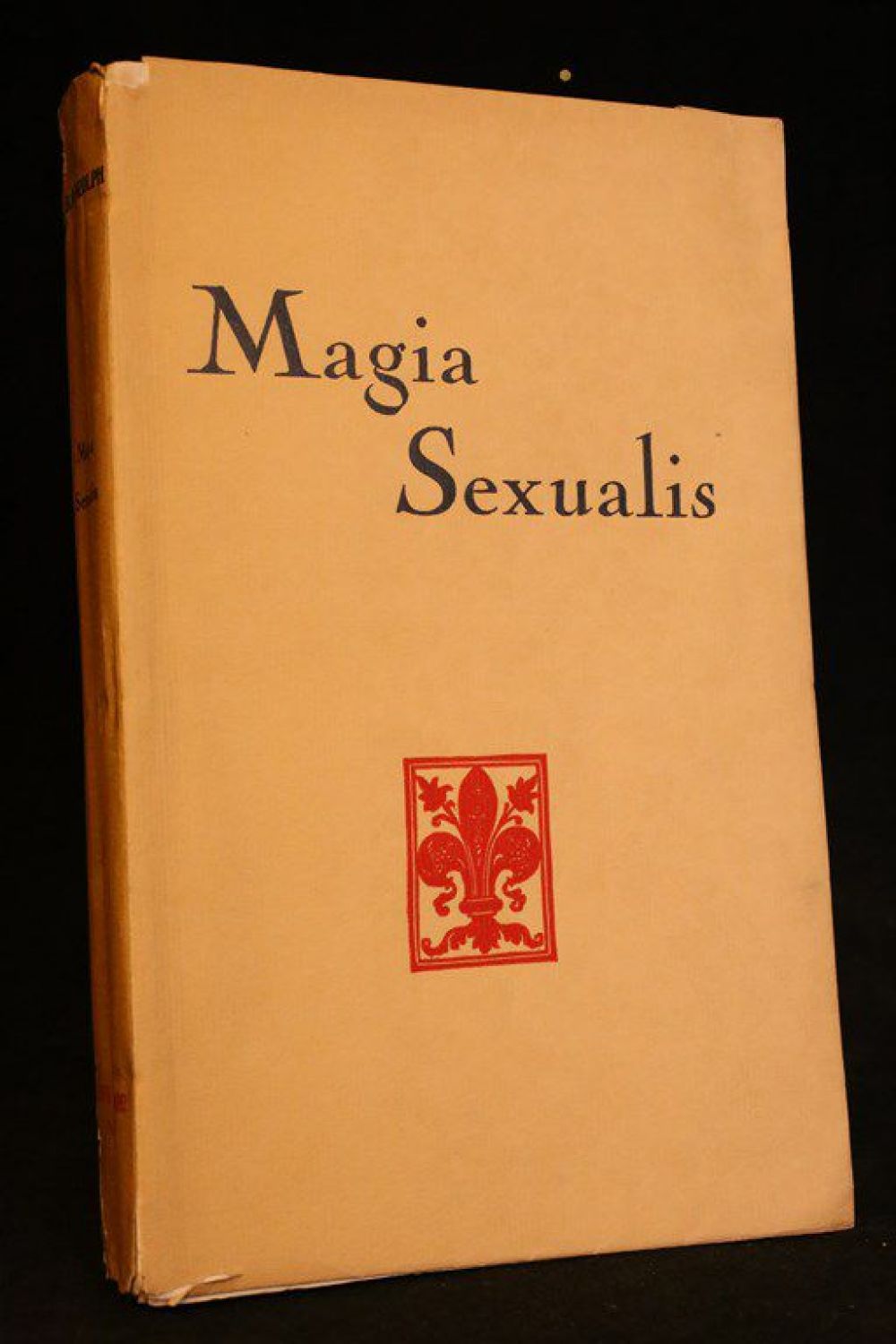
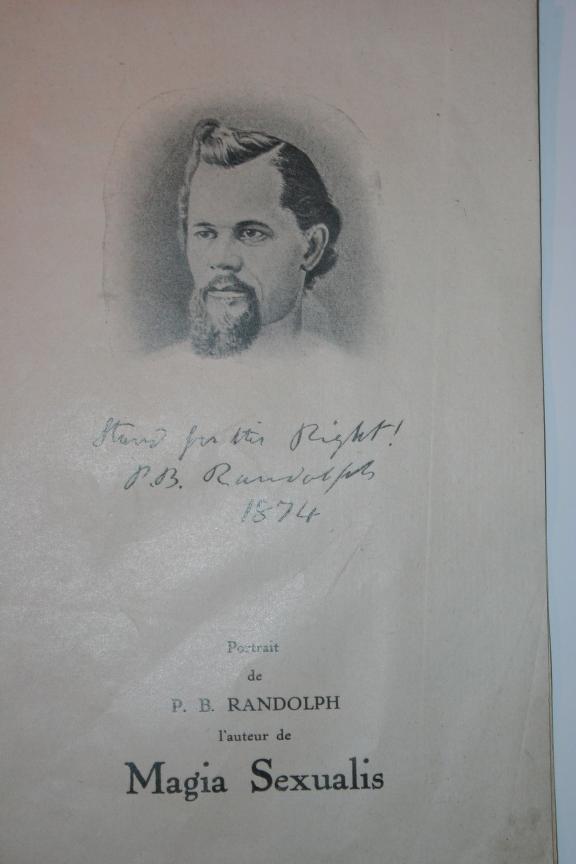
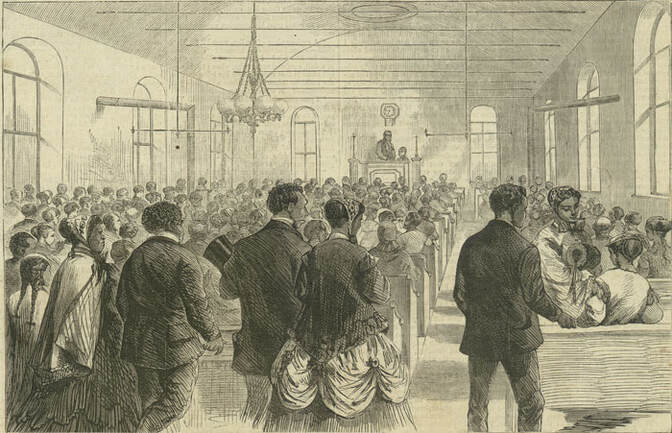
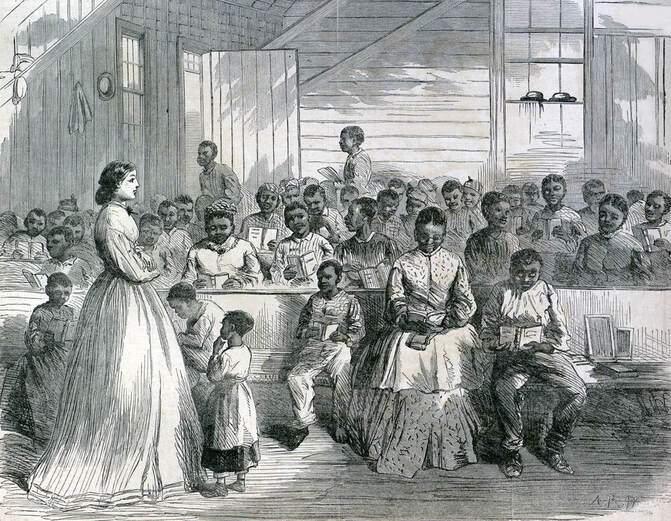
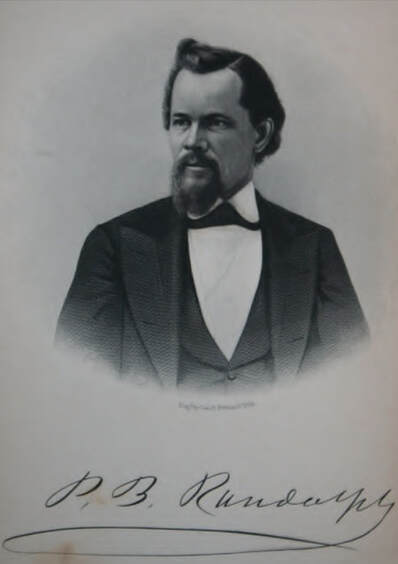
 RSS Feed
RSS Feed
